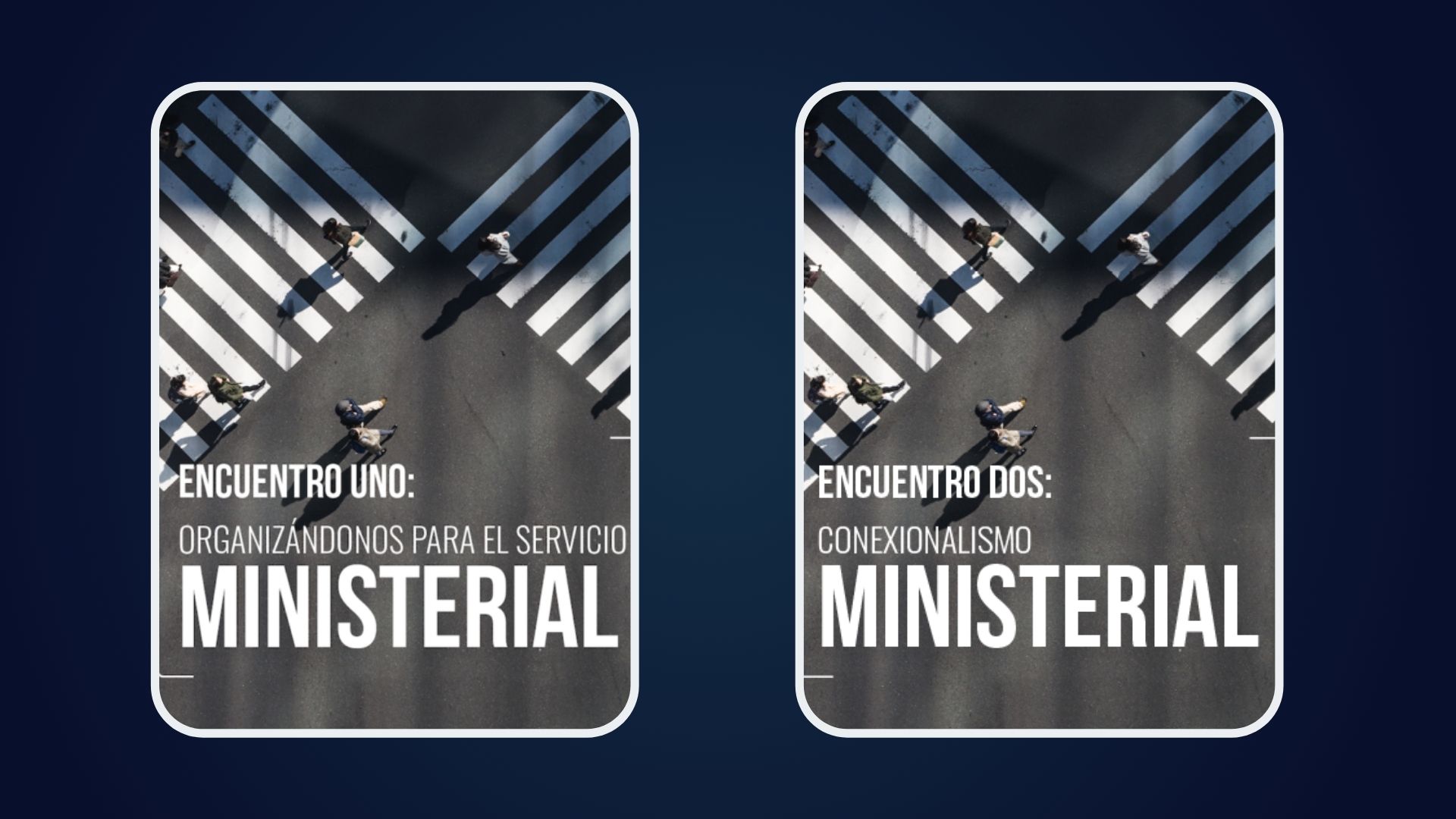What is a Lay Missioner?
Lay Missioners are committed lay people, mostly volunteers, who are willing to become a team with their pastor to live out the Wesleyan tradition of pursuing not only personal but social holiness. Lay missioners incarnate this call by developing faith communities and establishing community outreach programs.
Lay Missioners are developed according to the guidelines established by the National Committee of the Plan for Hispanic and Latino Ministry, working in covenant with the annual conference. They receive their certification jointly from their Episcopal Leader and the National Plan.
The implementation of the Lay Missioner process starts by the development of a covenant between the Annual Conference and the Plan for Hispanic/Latino Ministry.
In the process of becoming a certified lay minister, a lay missioner is equivalent to a lay servant.
This program’s goal is to facilitate the production of biblical-theological content in the practice of ministries. Thus, the fundamental purpose of this program is for the teams to become agents of change within the church and society who operate from the demands of the Gospel.
The Lay Missioner curriculum is comprised of Encuentro Uno and Encuentro Dos, provided by the National Plan for Hispanic/Latino Ministry.
Encuentros:
The process to become a Lay Missioner is composed of two Encuentros.
These Encuentros are available in digital, hybrid and in-person settings in Spanish and bilingual format. Each module’s duration depends on the chosen setting.
Each Encuentro consists of 24 On-line Lessons and 3 Activities. The digital format completes this process in four two-hour Virtual Sessions.
Rather than following a hierarchical traditional curriculum, the program follows a workshop model where the knowledge is synthesized by the participants. This leadership development process promotes and develops the sense of self-determination of multicultural communities in the United States by affirming their socio-cultural and linguistic heritage.
Conclusion:
The Lay Missioner process longs to connect theory with practice in the journey to find truth, which liberates, and love, which reconciles.
All of the information mentioned in this video can be found in paragraph ¶269 of the Book of Discipline.
Additional Links:
If you have any questions, please contact Raúl Alegría, Interim Director of the National Plan for Hispanic/Latino Ministry, Alma Pérez, Director of Hispanic/Latino Resourcing at Discipleship Ministries, or David C. Teel, Director of Laity and Spiritual Leadership at Discipleship Ministries.

